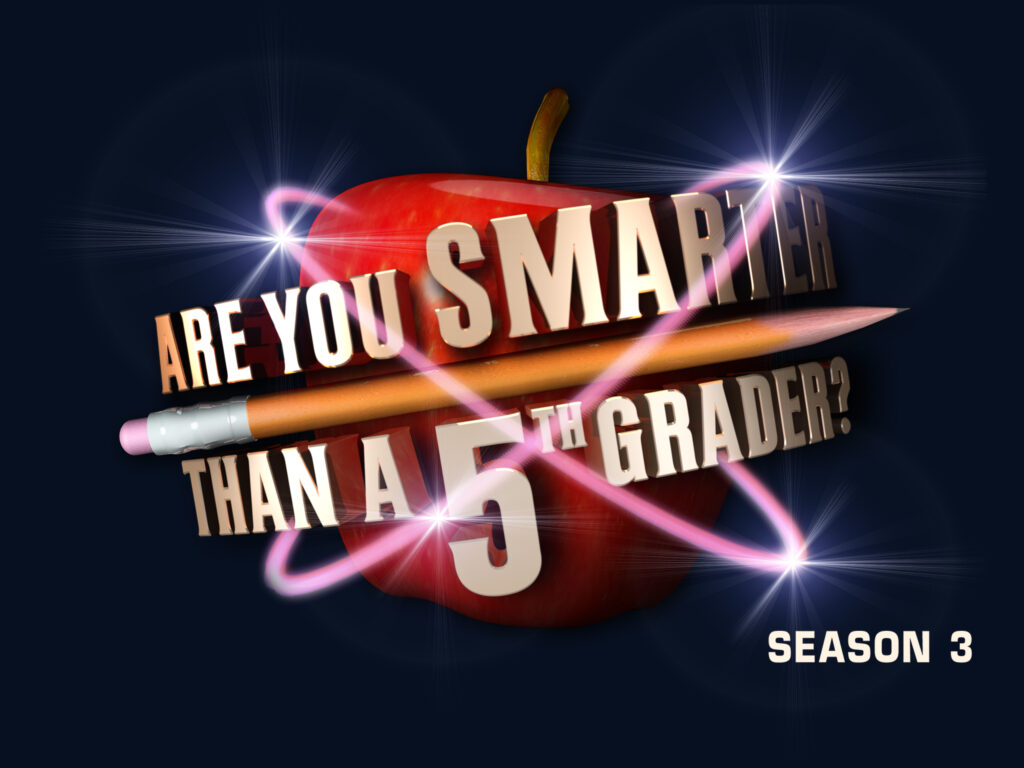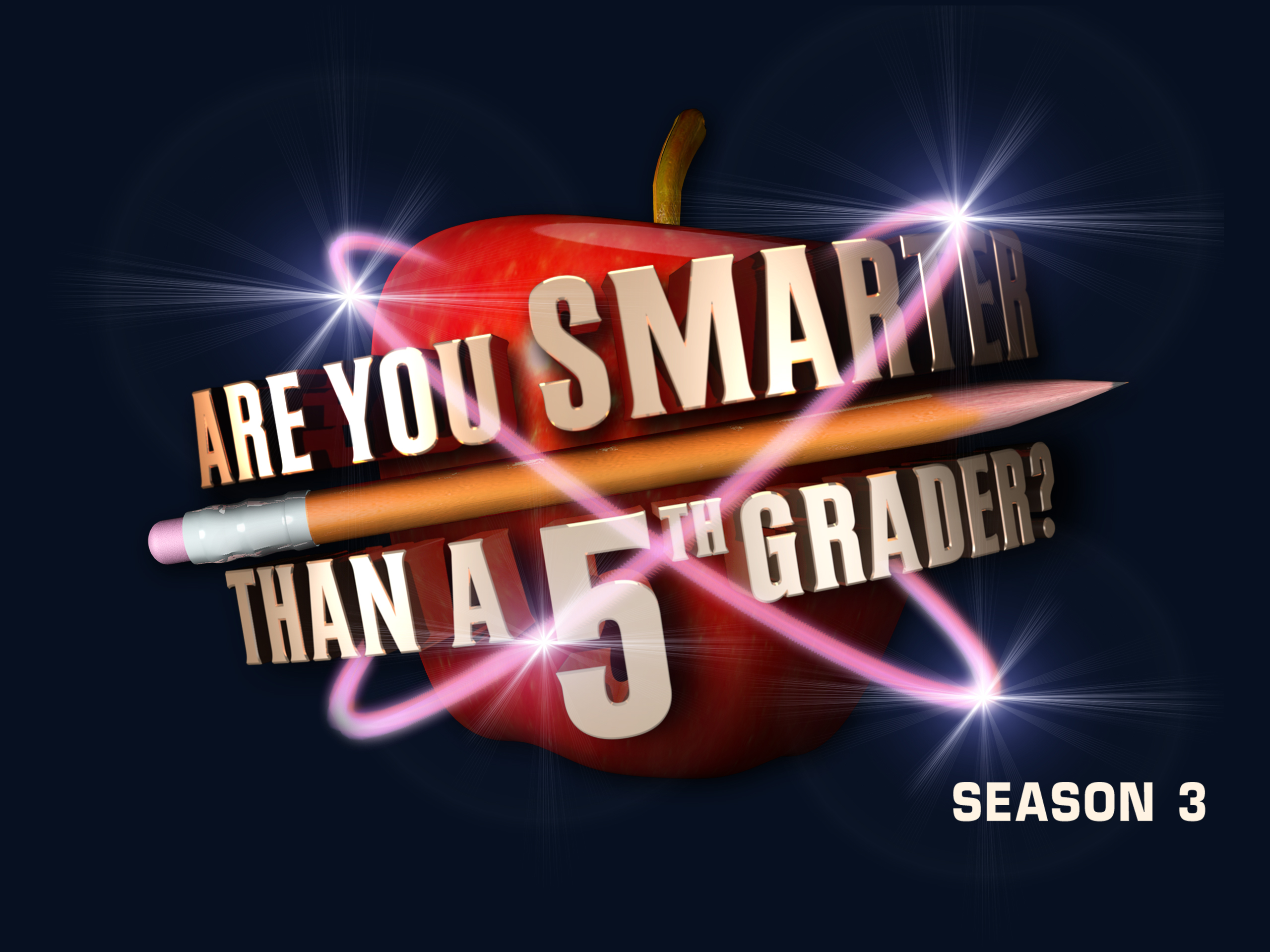
What a Fifth Grader Should Know: A Comprehensive Guide
Fifth grade marks a pivotal year in a child’s academic journey. It’s a time when foundational skills are solidified, and more complex concepts are introduced. Understanding what a fifth grader should know is crucial for parents, educators, and the students themselves to ensure they are on track for future success. This guide provides a detailed overview of the key areas of knowledge and skills expected of a typical fifth grader, offering insights into curriculum standards and practical tips for supporting their learning.
Reading and Language Arts
Reading comprehension is paramount. By fifth grade, students should be able to analyze text, identify themes, and understand the author’s purpose. They should also be able to make inferences and draw conclusions based on what they read.
Reading Comprehension Skills
- Identifying Main Ideas and Supporting Details: Fifth graders should be able to pinpoint the central theme of a passage and recognize the evidence that supports it.
- Understanding Figurative Language: They should recognize and interpret similes, metaphors, personification, and idioms.
- Analyzing Character Development: Students should understand how characters change and evolve throughout a story.
- Making Inferences: They should be able to read between the lines and draw logical conclusions from the text.
Writing Skills
Writing proficiency is also essential. Fifth graders should be able to write clear, organized paragraphs and essays. They should understand grammar, punctuation, and sentence structure.
- Essay Writing: Students should be able to write persuasive, informative, and narrative essays with a clear thesis statement and supporting arguments.
- Grammar and Mechanics: They should have a solid understanding of grammar rules, including subject-verb agreement, pronoun usage, and correct punctuation.
- Vocabulary Development: Expanding vocabulary is crucial. Fifth graders should learn new words regularly and understand how to use them correctly in their writing and speaking.
Mathematics
Math in fifth grade builds upon previous knowledge and introduces more advanced topics such as fractions, decimals, and geometry. A solid understanding of these concepts is crucial for future math success.
Key Math Concepts
- Fractions and Decimals: Students should be able to add, subtract, multiply, and divide fractions and decimals with ease.
- Geometry: They should understand basic geometric shapes, calculate area and perimeter, and work with coordinate planes.
- Measurement: Fifth graders should be proficient in converting between different units of measurement, such as inches to feet or grams to kilograms.
- Problem Solving: They should be able to apply their math skills to solve real-world problems.
Strategies for Math Success
Regular practice and a solid understanding of foundational concepts are key to success in math. Encourage your child to work through practice problems and seek help when needed. [See also: Math Help for Fifth Graders]
Science
Fifth grade science typically covers a broad range of topics, including life science, earth science, and physical science. Students should develop a basic understanding of scientific principles and the scientific method.
Science Topics
- Life Science: Students learn about ecosystems, food chains, and the human body.
- Earth Science: They study the Earth’s structure, weather patterns, and natural resources.
- Physical Science: Fifth graders explore concepts such as energy, matter, and motion.
The Scientific Method
Understanding the scientific method is crucial. Students should be able to formulate hypotheses, conduct experiments, and analyze data. [See also: Science Fair Projects for Fifth Grade]
Social Studies
Social studies in fifth grade often focuses on American history and geography. Students should learn about the founding of the United States, key historical figures, and the geography of North America.
Key Social Studies Topics
- American History: Students study the colonial period, the American Revolution, and the early years of the United States.
- Geography: They learn about the states, capitals, and major geographical features of North America.
- Civics: Fifth graders should understand basic concepts of government and citizenship.
Engaging with Social Studies
Encourage your child to engage with social studies through books, documentaries, and field trips. This will help them develop a deeper understanding of the subject. [See also: Fun Ways to Learn American History]
Social and Emotional Development
Beyond academics, social and emotional development is crucial for fifth graders. They should be developing skills in communication, collaboration, and conflict resolution.
Key Social and Emotional Skills
- Communication: Students should be able to express their thoughts and feelings clearly and respectfully.
- Collaboration: They should be able to work effectively in groups and contribute to team projects.
- Conflict Resolution: Fifth graders should learn how to resolve conflicts peacefully and respectfully.
- Empathy: Developing empathy is crucial for building positive relationships.
Supporting Social and Emotional Growth
Parents and educators can support social and emotional growth by providing opportunities for students to practice these skills in a safe and supportive environment. [See also: Building Social Skills in Fifth Graders]
What a Fifth Grader Should Know: A Recap
In summary, what a fifth grader should know encompasses a wide range of academic and social-emotional skills. They should possess strong reading comprehension, writing, and math skills. They should also have a basic understanding of science and social studies. Equally important are their abilities to communicate effectively, collaborate with others, and resolve conflicts peacefully. Understanding what a fifth grader should know helps ensure they are well-prepared for the challenges and opportunities that lie ahead.
Knowing what a fifth grader should know allows parents and educators to provide targeted support and resources. By understanding the expectations for this critical year, adults can play a vital role in helping students succeed academically, socially, and emotionally. Make sure your child is on track with what a fifth grader should know in each subject.
Furthermore, remember that what a fifth grader should know isn’t just about memorizing facts; it’s about developing critical thinking skills and a love of learning. Encourage curiosity, exploration, and a growth mindset. What a fifth grader should know also includes the ability to ask questions and seek answers.
Finally, consider the individual needs of the child. While there are general guidelines for what a fifth grader should know, every student learns at their own pace. Provide personalized support and celebrate their unique strengths and talents. What a fifth grader should know is also about fostering a positive attitude towards learning.
Understanding what a fifth grader should know is an ongoing process. Stay informed about curriculum standards and communicate regularly with your child’s teacher. By working together, parents and educators can ensure that every fifth grader has the opportunity to reach their full potential. Knowing what a fifth grader should know also involves understanding their individual learning style.
The question of what a fifth grader should know is fundamental to their development. It is not merely about academic achievement, but also about cultivating well-rounded individuals who are prepared to navigate the complexities of the world. By focusing on what a fifth grader should know, we invest in their future success and well-being.
Therefore, let us continue to prioritize what a fifth grader should know, providing them with the necessary tools and support to thrive in their academic pursuits and beyond. This commitment will empower them to become confident, capable, and compassionate members of society. Understanding what a fifth grader should know is a collaborative effort that benefits everyone.
Ultimately, what a fifth grader should know represents a foundation upon which their future success is built. By ensuring they acquire the necessary knowledge, skills, and values, we equip them to face challenges, seize opportunities, and make meaningful contributions to the world around them. Knowing what a fifth grader should know is an investment in their future.

